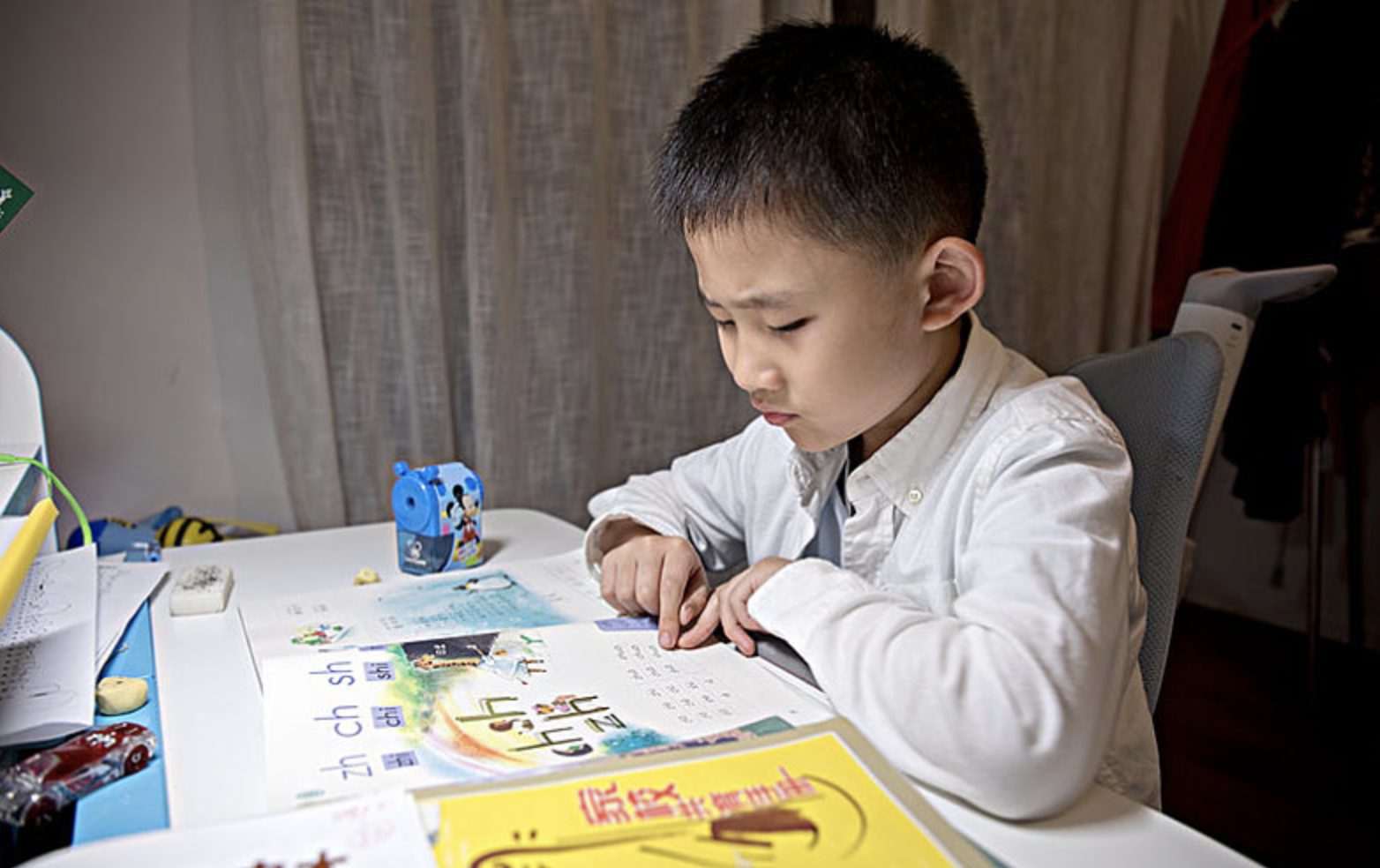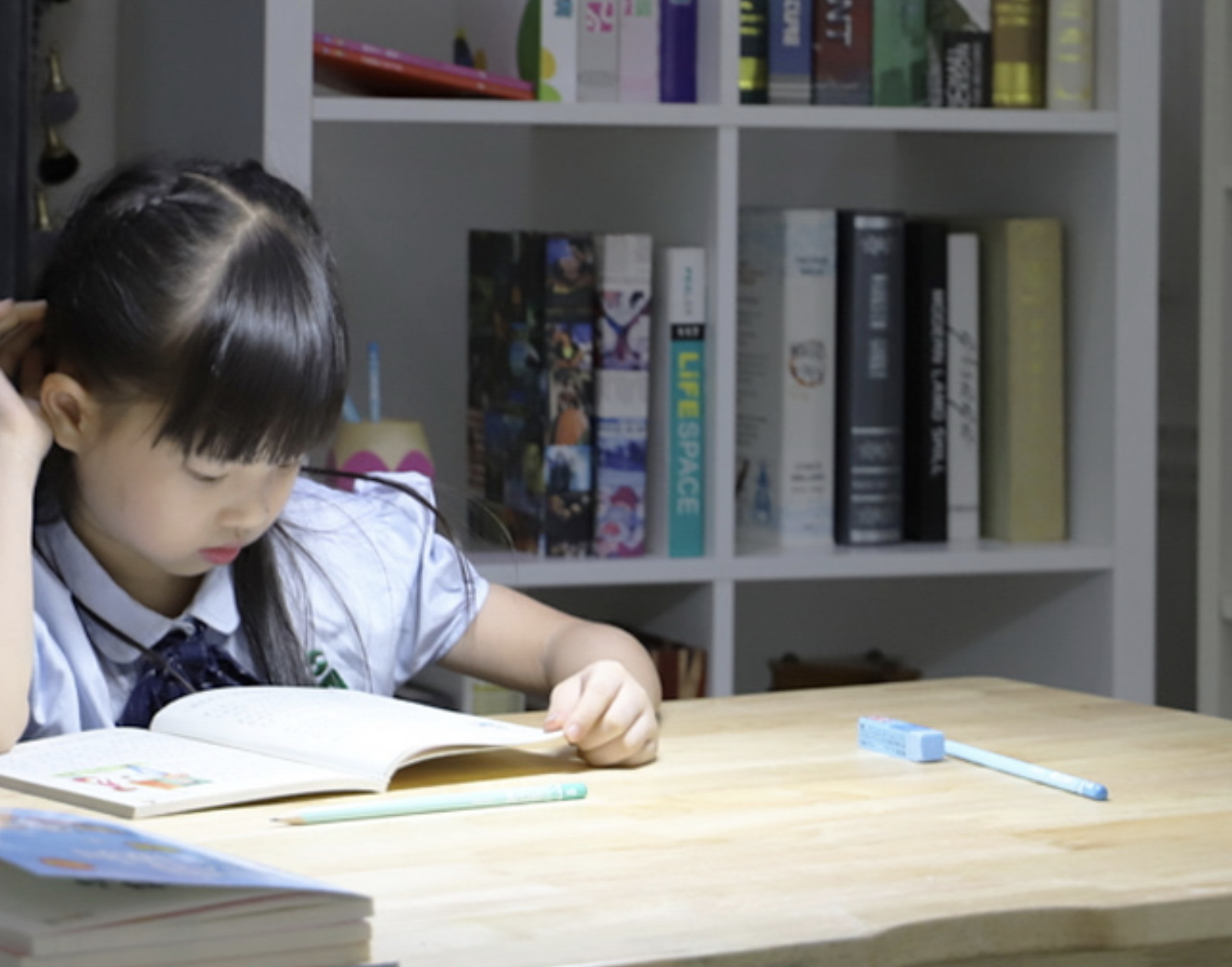
Since the Singaporean government changed the format of the PSLE Chinese oral examinations in 2017, it caused many children to have problems mastering the language for their exams.
Being able to speak the language fluently can definitely help in the future as our kids may find themselves working with Chinese companies and businesses in the future.
Unfortunately, many Singaporean students are struggling with the language as they are more invested in speaking in English. Even parents themselves are having problems speaking in Mandarin with their children.
With this problem, how can your child do well in their Chinese oral exams? Below is a short guide on how they can revise their exam preparation strategy for these tests and be able to practice the language more efficiently. We also included the format of the PSLE Oral Exams for easy reference.
Format of Oral Exam
The PSLE Chinese Oral Exam is worth 15% of your child’s overall grade for Chinese.
It is divided into two components: Reading Aloud and Picture Discussion for Primary 3 and 4 or the e-Video Conversation for Primary 5 and 6.
The Reading Aloud section assesses a child’s reading and listening skills when asked to read a passage out loud. It accounts to a third of their oral grade and requires students to be confident as they vocalise the passage as fluently as they could.
In the Picture Discussion and e-Video Conversation section, students will be tested in terms of how they can share their opinions and ideas about the topics shown to them in Mandarin. Their responses must not just be grammatically correct, but it must also show critical ideas to reflect their mastery of the language.

Tips to Scoring in the Chinese Oral Exams
Use varied tones to express emotions
Aside from learning how to narrate passages correctly and smoothly, students must also show the right emotions to match the passage. A great way to do this is by using different tones to represent certain emotions if it is in the passage given to them. Your child can practice this at home when reading aloud to you while avoiding these mistakes here.
You can tell your child to assess the passage first and see what expression must be done as they read it out aloud. Does the passage express shock? Does it end with a question mark? Is the passage reflecting a personal opinion?
Your child should also learn how to use varied tones on specific words that highlights the idea of the passage. When they are able to assess the right tone for the passage, they will be able to read it with the right expression and characterisation.
Do not be afraid to ask the examiner to repeat the question
Some students often make these mistakes in their Chinese exams because they did not understand the question correctly. Their responses are often short and do not reflect their understanding.
To prevent this problem, tell your child not to be afraid to ask the examiner to repeat the question so that they can think of the right response rather than giving a half-baked one that will cost them points.
Be Clear and Loud
Oral exams test your child’s speaking ability and their confidence in speaking the language perfectly. Here are some techniques to help your child to speak up.
When helping them with their oral exam, enunciate the words correctly to help them discern how to say the word correctly in various contexts.
If they are having trouble with certain phrases which they are not familiar with, you can tell them to speak these phrases loudly to emphasise that you are confident and catch the examiner’s attention.
Do not rush to answer
Some students make the mistake of rushing to answer the question due to exam stress and pressure without thinking about the right response. Curb their exam anxiety with these methods.
Doing this disables them from creating a smart response that will showcase their understanding while speaking in a different language.
When they hear the question and take the time to understand it, tell them to use a few minutes to think of their response and say it accordingly.
Concentration
When taking the e-Video Conversation or the Picture Discussion, your child should focus on the exam to see the key points and themes it is trying to convey. Try these hacks to improve their concentration and stop their mind from wandering!
While looking for these points, they should take the time to understand the moral of the story, which they can use as a discussion piece with the examiners.
They should also make it a point to remember names, expressions, events and even the phrases used since it may be asked in the discussion.

Share personal thoughts and feelings when responding to questions
A good way for people to show their understanding in a topic is by sharing their thoughts and feelings about it. This lets other people know that you have taken the time to learn all the sides of the topic and can support one side easily.
For your children, tell them not to hold back in responding to their oral exams and share any thoughts they may have over the topic questions given to them. Using their personal thoughts on the topic will improve the quality of their answers, show their critical thinking skills and that they can discuss the topic fluently.
Examiners will assess to see how students will use the language to convey their thoughts with the answers they give in the exams.
Practice every day
Finally, if you want your child to succeed in the exams, they should always try their best to practice daily.
You can help by speaking to them in Mandarin while talking about your day or responding to their questions. You can also sign them up to practice resources online with our tutors which are designed to help children become bilingual.
Hire a Chinese home tutor
If you’re too busy or ill-equipped to practise with your child, consider hiring an experienced Chinese home tutor to help your child.
A few private Chinese oral lessons can go a long way to improving your child’s Chinese oral grades from pass to merit, or from merit to distinction.
Conclusion
The Chinese language may be one of the most difficult languages to learn, but learning it not only gives people an edge over others, it also helps in contributing to keeping the language alive.
Help your children see the value of the language, help them practice regularly and learn to love Chinese. Once they get a hang of using the language, it will be easier for them to master it.
For more Chinese exams related topics, here are the articles:
Learn Chinese in Singapore: 70+ Options for Mandarin Classes
Level Up Your Child’s Language Skills: Learn Chinese with Video Games
